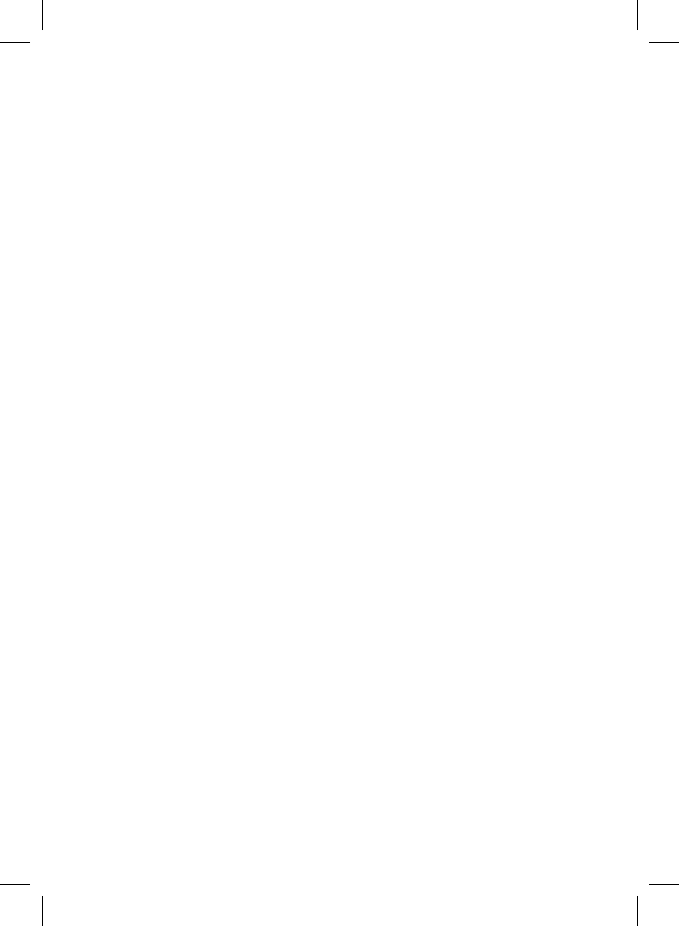
36
37
J. Car seat base
K. Seat
L. Handle to release the ISOFIX system
Diag. 2 (Back)
M. Headrest adjustment button
N. Homologation labels
O. Plate for locking the belts
P1 ISOFIX system
P2 Top Tether
Diag. 3 (Profile)
Q. Lever for reclining the seat
R. Pocket for storing the instructions booklet
S. Guide for inserting the lap section of the
3-point car safety belt
S1. Guide for inserting the diagonal section of
the 3-point car safety belt
T. Clamp for fastening the diagonal section of
the car safety belt
U. Installation instructions labels
V. ISOFIX System
Diag. 4 (ISOFIX System Detail)
W. Connectors
X. Protective caps
Y. Release buttons
Z. Locking indicators
Diag. 5 (TOP TETHER Detail)
AA. Belt
BB. Adjuster
CC. Tension indication
DD. Hook
RESTRICTIONS AND REQUISITES REGAR-
DING THE USE OF THE PRODUCT AND CAR
SEAT
CAUTION! Read these use restrictions and
requisites carefully to ensure the product is
used safely.
• The child car seat is suitable for children
from 9 up to 18 Kg of weight.
• If the child car seat is fitted into the car
seat with the car safety belt, the car seat
must be equipped with a 3-point static or
3-point retractor safety belt, approved to
UN/ECE No. 16 regulation or other equiva-
lent standards (diag 6).
• The child car seat can be fitted with the
ISOFIX system in the positions indicated in
the instructions for use of the vehicle.
• The child car seat can be fitted into the
front passenger seat or any other back
seats, always in a forward facing direction.
Never use this child car seat fitted into car
seats facing sideways or facing rearwards
(diag. 7).
WARNING! According to car accident statis-
tics, the rear seats of a car are generally safer
than the front seat: it is therefore recommend-
ed to fit the child car seat into the rear seats
of the car. In particular, the central rear seat is
the safest. If the child car seat is fitted in the
front seat of the car, in order to ensure maxi-
mum safety, it is recommended to push the
seat back as much as possible, bearing in mind
the comfort of the passenger sitting in the
seat directly behind it and adjusting the back-
rest to the most vertical position. If the car is
equipped with a safety belt height adjuster, fix
it in the lowest position, then check that the
car seat safety belt adjuster is either in a back-
ward position with respect to the backrest of
the car seat (or at least aligned to it).
It is not recommended to fit the child car seat
into a front seat equipped with airbag. If you
wish to fit the child car seat in any seat pro-
tected by airbag, always refer to the vehicle
instructions manual.
WARNING! Never fit the child car seat to a
seat that is only equipped with a horizontal
2-point safety belt (diag. 8).
FITTING THE CHILD CAR SEAT INTO THE
CAR WITH THE ISOFIX SYSTEM
PREPARING THE INSTALLATION
1. Pull the unlocking handle of the ISOFIX sy-
stem externally (diag. 9).
2. While keeping the handle pulled, pull out
the ISOFIX system COMPLETELY from the
rear of the backrest (diag. 10). Ensure that
the system has been pulled out comple-
tely.
3. Push the two red buttons (Y) of the ISO-
FIX connectors inside (diag. 11a) and, while
keeping them pressed down, remove the
two protective caps (X) (diag. 11b).
4. Place the two caps into the appropriate
housings, located under the base (diagrams
12a - 12b).
WARNING! Store the caps in a safe place,
since they are indispensable for reinserting
the ISOFIX system inside the base when the
system is not in use.
HOW TO FIT THE CHILD CAR SEAT
5. Place the child car seat on the selected
seat. WARNING! Check that there are no
loose objects between the child car seat
and the car seat or between the child car
seat and the door of the car.


















